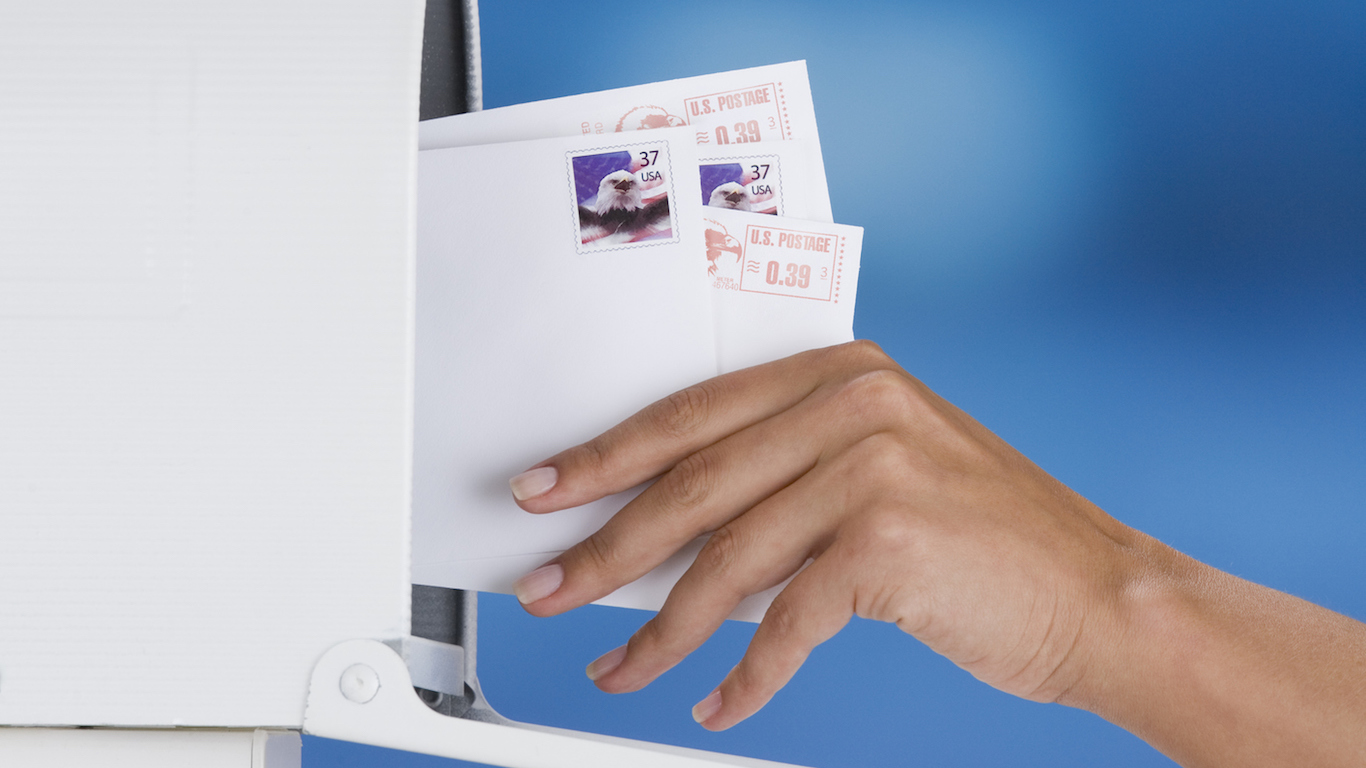
The U.S. Food and Drug Administration (FDA) issued a warning early on Friday that consumers should be on the lookout for criminals forging FDA warning letters. These letters are meant to target individuals who tried to purchase medicines online or over the phone.
Ultimately, the FDA is concerned that these fake warning letters are linked to an international extortion scam. The FDA generally does not issue warning letters to individuals who purchase medicines online.
The FDA became aware of these letters through its surveillance efforts that found instead of receiving the drug products they attempted to purchase from a website or over the phone, consumers received official-looking, but fake, warning letters. These fake warning letters, purporting to be from the FDA or the FDA and the Federal Trade Commission, claim the FDA has determined that there are drug violations based on a review of their parcel and their social media accounts.
The letters are addressed generally to a “Sir/Ma’am” but in some instances may include a specific name. The letters also warn consumers that “we are still investigating the root of this delivery & necessary legal steps will be taken if we found [sic] out any suspicious activity on your end.”
Scott Gottlieb, M.D., FDA Commissioner, commented:
While warning letters are a common compliance tool used by the FDA, we typically send them directly to companies and individuals involved in the manufacturing or distribution of FDA-regulated products. Consumers who aren’t involved in manufacturing or distributing FDA regulated products should be on alert that if you get an FDA warning letter, it’s probably fake, and probably a scam. We know the confusion and concern that these fake warning letters may cause and want to assure consumers that we generally don’t take action against individuals for purchasing a medicine online, though we regularly take action against the owners and operators of illegal websites. With that said, as a public health agency, we must remind consumers of the dangers of purchasing medicines from illegal online pharmacies. These risks range from receiving unapproved and potentially counterfeit medicines to unknowingly making themselves targets to scams like these. Many of these illegal websites appear legitimate, and it can be hard to tell the difference between a legally operating online pharmacy and a rogue website. We understand the temptation to buy online, and there are ways to do it safely, including only buying from U.S.-licensed pharmacies that require a prescription.
Are You Ahead, or Behind on Retirement? (sponsor)
If you’re one of the over 4 Million Americans set to retire this year, you may want to pay attention.
Finding a financial advisor who puts your interest first can be the difference between a rich retirement and barely getting by, and today it’s easier than ever. SmartAsset’s free tool matches you with up to three fiduciary financial advisors that serve your area in minutes. Each advisor has been carefully vetted, and must act in your best interests. Start your search now.
Don’t waste another minute; get started right here and help your retirement dreams become a retirement reality.
Thank you for reading! Have some feedback for us?
Contact the 24/7 Wall St. editorial team.
 24/7 Wall St.
24/7 Wall St.


